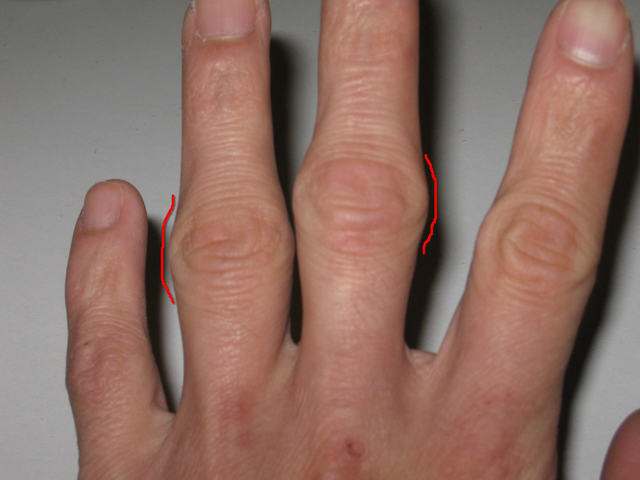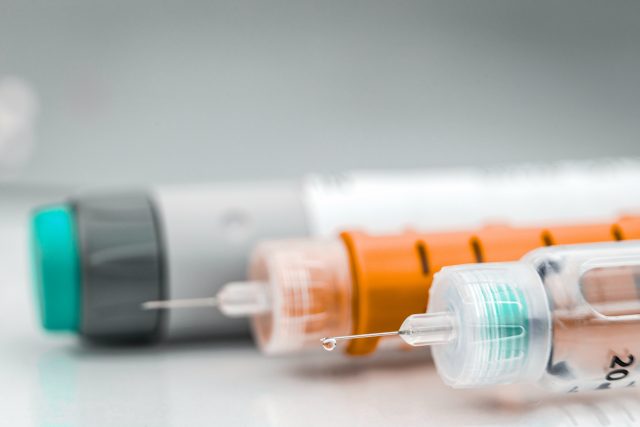0 Comments
In other cases, finger twitching can result from high stress and anxiety, which can be related to your workload, tiredness, and exhaustion. Drinking too much caffeine or alcohol can also cause finger twitching, as can some medications.
Sometimes finger twitches can result from other underlying health conditions.
But should you take it to prevent a heart attack? For most people, the answer is no. The U.S. Food and Drug Administration does not approve aspirin to prevent heart attacks and stroke for people who have never had one. Aspirin can cause serious side effects and mix dangerously with other medicines.
If you are considering aspirin for heart problems, talk with your doctor first. Take the recommended dosage if your doctor thinks aspirin is a good choice. However, remember that we are not veterinarians and only offer information to help you recognize potential problems that your loved ones could have. The information is not intended to be comprehensive and should only be utilized to help the pet parent understand and consider possible problems. Articles do not include all information concerning conditions, treatments, medications, side effects, and risks that may apply to a specific animal. The information is not meant to be medical advice or a substitute for a veterinarian's advice, diagnosis, or treatment established on the provider's examination and assessment of the individual animal's specific and unique conditions.
Articles In the works are:
In addition to the above, we will publish TSI DIGITAL DIGESTs (digital booklets) on Dogs and Cats.
According to the National Institute on Aging (NIA), many people experience decreased blood flow, slowed neuron communication, increased inflammation, and reduced mass in certain brain parts. These changes in the brain can affect mental function, even in healthy older people. Most experts state that if you do just one thing for your brain's health, you should make time for regular exercise. The benefits of regular physical activity are so numerous, especially for brain health, that in a sense, exercise is the closest thing we have to a miracle drug. Studies have shown that deep breathing exercises can psychologically and physiologically affect the brain. Taking mindful breaths by simply bringing your attention to your breathing and taking a moment to appreciate life can initiate a positive cascade of events in our mind and body. This simple practice can unlock the power of meditation and help curb stress while creating a relaxation response in the body, slowing heart rate, relaxing blood vessels to lower blood pressure, boosting immune factors, lowering blood sugar, improving mood, and more. Besides staying physically active, eating a healthy diet can help your brain stay healthy. What we eat plays a critical role in determining our health and well-being and when it comes to maintaining brain health. Eating plenty of plant-based foods, such as green leafy vegetables, berries, and other foods rich in 'phytonutrients,' the chemicals plants produce to keep themselves healthy, can be neuroprotective and reduce Alzheimer’s risk. Maintaining social ties is crucial to keeping your brain healthy. Social isolation and loneliness have negative health impacts on par with obesity, physical inactivity, and smoking, and they are also associated with an approximately 50 percent higher risk of dementia. Simply taking a moment to connect with someone, even through a brief phone call, can reduce feelings of loneliness, anxiety, and depression and deliver brain-protecting benefits. Finally, regular sleep can tremendously impact your neurological health, especially as you age. Establish a consistent bedtime routine, including a regular sleep schedule when possible. The quantity and quality of your sleep needed to clear debris, reset neural networks, and provide downtime to various systems in our brains have profound physiological impacts that impact our day-to-day thinking, memory, and mood and our long-term risk of cognitive decline and dementia. Speak with your doctor to learn more about maintaining your cognitive health
later in life.
People who do invest money will take various avenues. Many will choose the stock market, and others will choose real estate. Others may choose to invest in businesses. What you invest in is a matter of your life goals, the money you save to invest, and understanding how to make your money work for you.
While there are differences, there is one asset we all have in common that everyone should invest in first: YOURSELF. Investing in yourself will pay huge dividends throughout your lifetime, whether in monetary value or improving your overall happiness. What Does It Mean to Invest In Yourself? Investing in yourself means putting time, money, and other resources into bettering your current and future life. Instead of primarily focusing on material things, you look for opportunities and assets to raise your knowledge and make huge impacts. The goal is that you are continually improving and building a better life for yourself and your family. By investing in yourself first, you can see an impact on your finances, career, hobbies, and overall happiness. Why is it essential to invest in yourself? When investing in yourself, you acquire knowledge and other skills that significantly impact the return on investment (ROI) of anything you pursue. It is essential because it helps you diversify your knowledge, improves decision-making, makes you more prepared financially, maximizes your career or business choices, and more. |
Archives
May 2024
|














